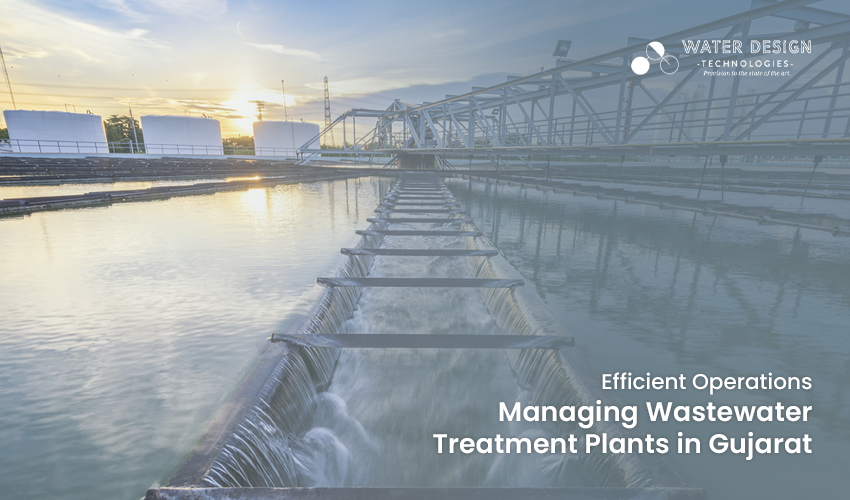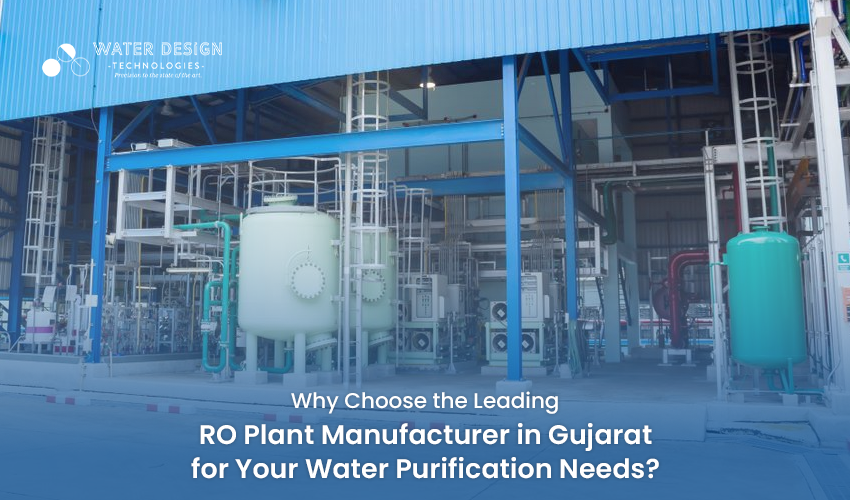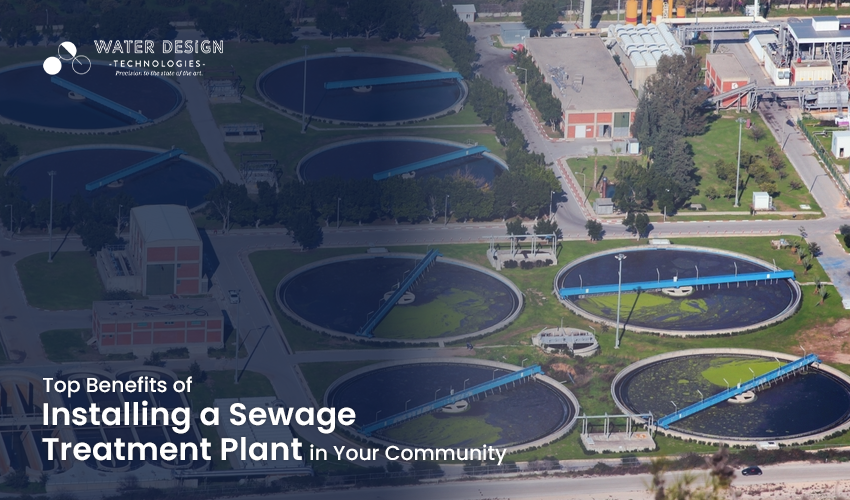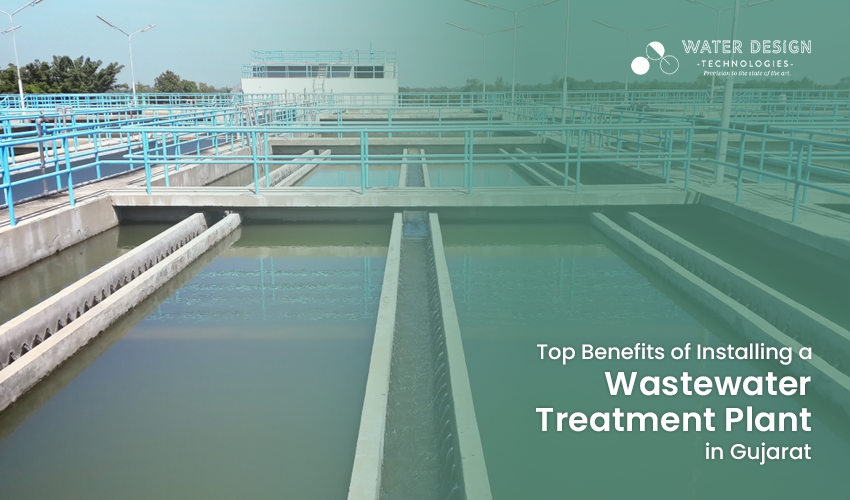In the vibrant industrial landscape of Gujarat, efficient management of water resources is crucial for sustainable development. Water Design Technologies stands at the forefront, revolutionizing water treatment technologies in Surat and across Gujarat. With a focus on enhancing operational efficiency and environmental sustainability, their innovations in water treatment play a pivotal role in managing wastewater treatment plants in Gujarat.
Water Treatment Plant in Gujarat
Water Design Technologies leads the charge in implementing state-of-the-art water treatment technologies across Gujarat
, particularly in Surat, where the demand for advanced water treatment solutions is high. Their expertise spans various sectors, ensuring that industrial, municipal, and residential needs are met with the highest standards of water quality and conservation.
Best Water Treatment Technologies Surat
Water Design Technologies excels in offering the best water treatment technologies in Surat. From cutting-edge filtration systems to advanced membrane technologies, they cater to diverse requirements with customized solutions. Their commitment to innovation ensures
that Surat benefits from the most effective and sustainable water treatment solutions available today.
Water Softener Plant in Gujarat
Addressing the challenges posed by hard water, Water Design Technologies specializes in water softener plants in Gujarat. These plants efficiently remove hardness minerals like calcium and magnesium, ensuring water is safe for industrial processes and domestic use alike.
Water Softener Plant in Surat
In Surat, where water quality is paramount, Water Design Technologies’ water softener plants are integral. By implementing these systems, they contribute significantly to improving water quality and extending the lifespan of equipment that relies on water in various industries.
Wastewater Treatment Plant in Gujarat
Managing wastewater is critical for environmental stewardship and regulatory compliance. Water Design Technologies excels in wastewater treatment plants in Gujarat, offering advanced solutions that effectively treat wastewater to meet stringent discharge standards while promoting water reuse and conservation.
Optimizing Operations for Sustainability
Water Design Technologies’ approach goes beyond mere treatment; it focuses on optimizing operations for sustainability. By leveraging their expertise and technological prowess, they enable industries and communities in Gujarat to manage water resources efficiently, reduce environmental impact, and ensure a sustainable future.
Conclusion
As Gujarat continues to grow industrially and residentially, the importance of efficient water management cannot be overstated. Water Design Technologies remains committed to pioneering water treatment technologies in Surat and throughout Gujarat, ensuring that water remains a sustainable resource for generations to come.






